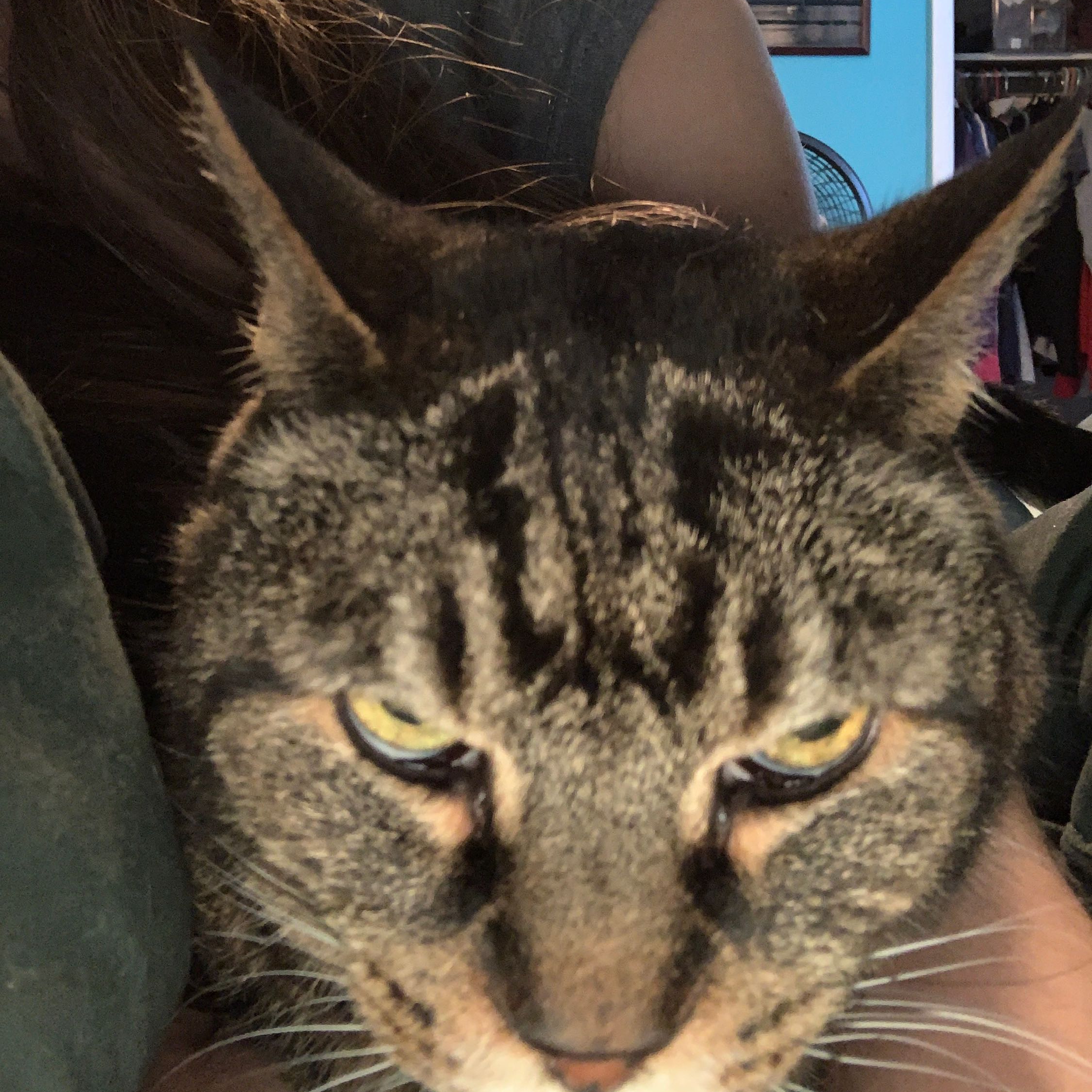
Our pets during COVID
It’s easy to see, everywhere around us, the effects of our current pandemic on humans. Practically every emotion from depression, to anger, to hopeful- or hopeless-ness. Not to mention the fear and reality of sickness and even death. What is less easy to notice, and more difficult to quantify, is the overall effects of these times on our animal companions. While it seems to be the case (at least as far as current experimental science can tell) that domestic pets do not carry or transmit COVID, it does seem possible that some dogs and cats can get the virus from their human housemates. Fortunately, infection in our pet buddies appears to be mild and limited.
What may become more of an issue in the foreseeable future, is the behavioral after effects of the current stay at home condition we are experiencing. Domestic pets are creatures of habit (as you must be aware when they drive you nuts for food an hour ahead of time when the clocks change!), and most get very comfortable and emotionally secure with a steady routine. The fact that many people are spending more time home is wonderful (assuming that that is where you want to be), and your pets probably love it.
During this pandemic many people have opted to get a “COVID Pet”. We are very encouraged that the shelters are emptying out, people are on waiting lists to get a dog, and we have seen the few kittens we have had easily adopted into loving homes. This really is a great silver lining in the COVID cloud. But and here is the important part, remember that these pets will be with us long after the virus abates. It is important to train these pets to integrate into our lives and lifestyle. We expect that many of these pets will begin to experience behavior problems once our routine returns to the old “normal”.
While we are with our pets’ behaviors such as anxiety, separation problems, and aggression may be suppressed and upon the return to work these problems may show up. Everyone has a personality, a basic constitution (to steal a phrase from Chinese Medicine), we have all seen these in our friends and family; the cousin who is afraid of every new experience, the daughter who takes every risk and loves it, the child who is very rigid in their decisions, well our pets fall into these same categories. In Chinese Medicine we use the terms wood, fire, water, earth and metal. These personalities are associated with certain traits such as fear, rigidity, easy going and outgoing or aggressive. In many cases when we adopt pets it may take a while to see what their true personality is. In the current situation we may not see the pet’s true personality until we place them into a different environment, such as the return to work.
In the short term, it is important to try to mimic some of those changes now, to get our young pets used to different environments and situations. The more different situations are pets are exposed to the easier it will be for them to navigate any changes that occur when we go back to our old life. In the long term, though, consider what types of lifestyle changes you may need to make as life moves on. Try to create routines for your furry friends that will carry them through any changes and decreased contact time. If you start to notice stress or separation symptoms (destructive behaviors, pacing, panting, whining, and others), feel free to contact us for information and treatment options before things really escalate. We don’t want to see these pets who have come out of shelters find their way back there.
